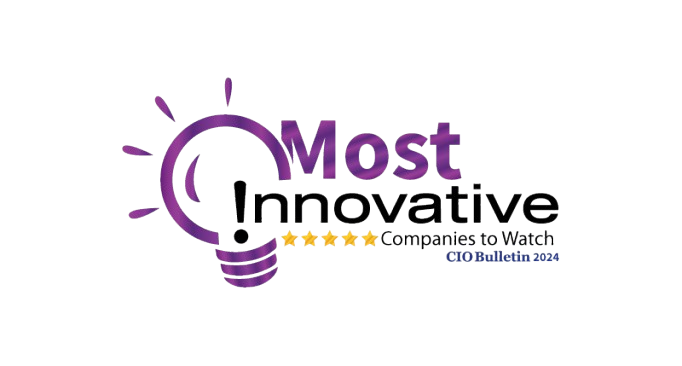Choosing the Best CMS: A Comprehensive Guide to Content Management Systems
In today's digital landscape, having a well-designed and user-friendly website is essential for businesses to succeed online. A Content Management System (CMS) plays a crucial role in creating, managing, and optimizing website content. With numerous CMS options available, selecting the best one for your specific needs can be challenging. In this comprehensive guide, we explore the key factors to consider when choosing a CMS and highlight some of the top CMS systems available today.
Understanding the Importance of a CMS
Key Considerations for Choosing a CMS
One of the primary considerations when selecting a CMS is its user interface and ease of use. A user-friendly CMS ensures that you can easily navigate and manage your website, create and edit content, and customize the design. Look for a CMS with an intuitive interface and a robust editor that provides a seamless content creation and editing experience.
2. Scalability and Flexibility
Consider the long-term scalability and flexibility of the CMS. As your website grows and your business evolves, you may need additional features, integrations, and customization options. Choose a CMS that offers scalability and flexibility, allowing you to expand your website's functionality and accommodate future needs without significant limitations.
3. SEO-Friendliness
Search Engine Optimization (SEO) is vital for driving organic traffic to your website. Ensure that the CMS you choose has built-in SEO capabilities or supports SEO plugins and extensions. Look for features such as customizable URLs, meta tags, XML sitemaps, and SEO-friendly content structures. A CMS that prioritizes SEO will help you improve your website's visibility in search engine rankings.
4. Security and Updates
Website security is crucial to protect your data, your visitors' information, and your online reputation. Choose a CMS that prioritizes security and regularly releases updates and patches to address vulnerabilities. Look for features such as user authentication, secure login protocols, and automatic security updates. Additionally, consider the availability of community support and resources to address any security concerns or issues.
5. Third-Party Integrations and Extensions
Consider the availability and ease of integrating third-party tools, plugins, and extensions with the CMS. These integrations can enhance your website's functionality and extend its capabilities. Look for a CMS that offers a wide range of integrations, such as e-commerce platforms, marketing automation tools, analytics, and social media plugins, to streamline your workflows and optimize your website's performance.
Top CMS Systems to Consider
WordPress is one of the most popular CMS platforms, known for its versatility, ease of use, and extensive plugin ecosystem. It offers a user-friendly interface, customizable themes, and a vast library of plugins for added functionality. WordPress is suitable for various types of websites, from blogs and small business sites to large-scale enterprise platforms.
2. Drupal
Drupal is a robust and flexible CMS that excels in handling complex websites with advanced functionalities. It offers a high level of customization, scalability, and security. Drupal is well-suited for large enterprises, government websites, and organizations with specific requirements for customization and integration.
3. Joomla
Joomla is a powerful CMS known for its ease of use and flexibility. It offers a range of templates and extensions, allowing you to customize your website's design and functionality. Joomla is suitable for small to medium-sized businesses, community-based websites, and e-commerce platforms.
4. Magento
Magento is a specialized CMS designed for e-commerce websites. It offers robust features for managing product catalogs, processing payments, and handling online transactions. Magento is ideal for businesses that require a comprehensive and scalable e-commerce solution.
5. Shopify
Shopify is a popular CMS specifically focused on e-commerce. It provides an all-in-one platform for creating and managing online stores. With user-friendly interfaces and a wide range of themes and plugins, Shopify simplifies the process of setting up and running an online store.
Conclusion
Choosing the right CMS is a crucial decision that impacts your website's performance, user experience, and overall online presence. Consider factors such as ease of use, scalability, SEO capabilities, security, and integrations when evaluating CMS options. By selecting a CMS that aligns with your specific needs and requirements, you can efficiently manage your website, deliver an exceptional user experience, and propel your online success.Featured Resources
Check Our Latest Resources




